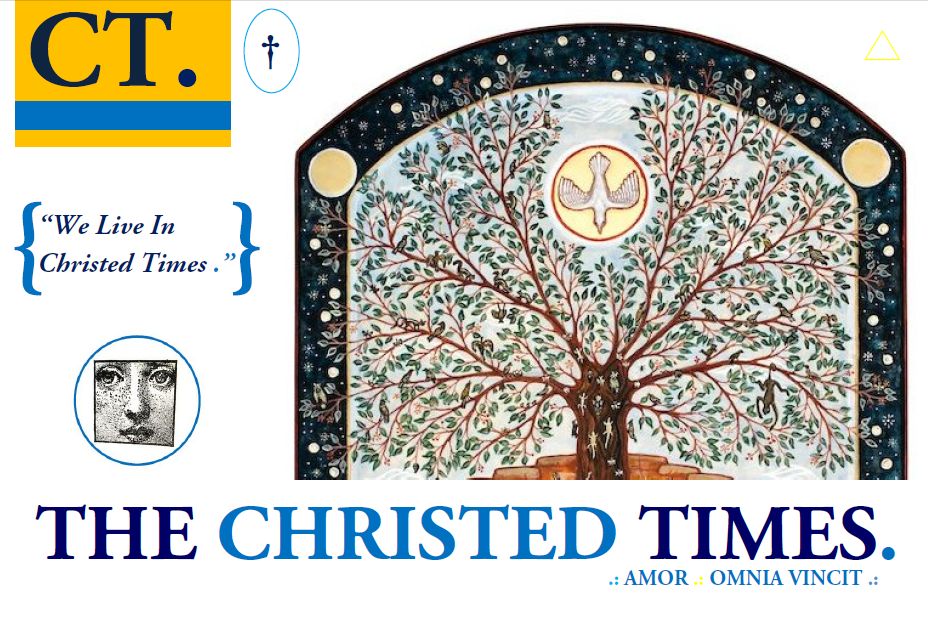" . . . And Speaking of the glory of the Apostle Peter, he asks : " Where now is Greece, with her big pretensions? Where the name of Athens? Where the ravings of the philosophers?" The philosophers did not reach the Kingdom of Heaven because they did not take the royal road which is easy and smooth, but they trod "the rough and steep and arduous one".
In answer to the question whether Christ exercised his influence on Plato and Pythagoras, he says characteristically : " Because the mind of Peter was much more philosophical than theirs. They were in truth Children shifted about on all sides by vain glory ; but this man was a philosopher, one receptive to grace." So there is godly philosophy and there is wordly philosophy. The godly philosophy is really theology, which is a fruit of the coming of the Holy Spirit to the heart of man.
After this observation the saint says : " If you laugh when you hear these things, it is no wonder ; for even those who were in Jerusalem at Pentecost and saw the joy of the Apostles said that they were drunk". He goes on to describe Plato and his teachings. "He wasted his time over a set of idle and useless dogmas". And it is unnecessary because it is no help to us to know that the soul of the philosopher becomes a fly. And characterising Plato, he says : " the man was full of irony, and of jealous feelings against everyone else".
He employs various examples to say that the devil was working on the philosophers and making them create such theories : "For the devil has always endeavored by these means to show that our race is not more honorable than that of the animals."
( Source )
. . .
Thursday, April 15, 2010
( Passage ) On Mundane Philosophers and Christed Seekers of Wisdom Divine.
Subscribe to:
Post Comments (Atom)


No comments:
Post a Comment